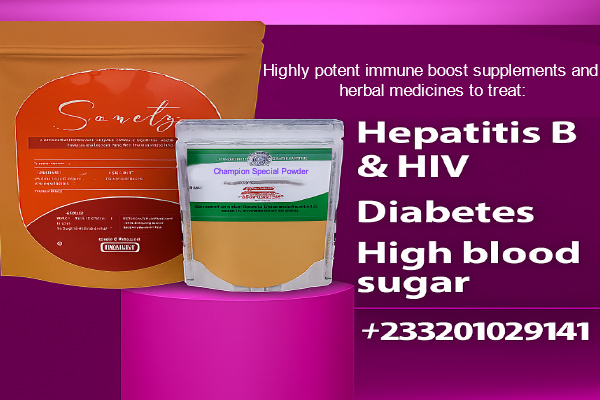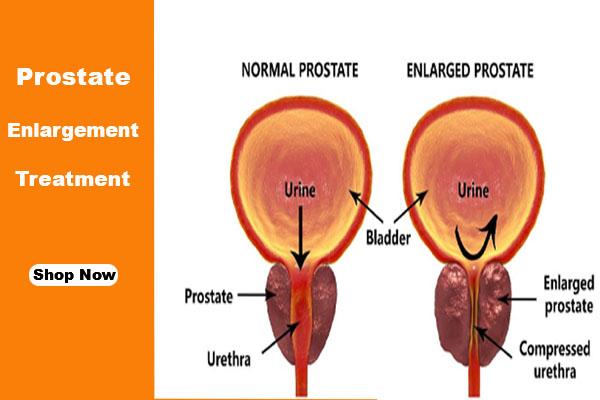Early Signs of Nutrient Deficiency You Should Not Ignore
We often focus on what to eat and how much, but sometimes we miss important signals our bodies send signals that something is missing. Nutrient deficiencies happen when your body don't get enough of the important vitamins, minerals, or nutrients it needs to work properly. While some symptoms are small at first, ignoring them can lead to worse health problems.
This article will help you spot the early warning signs of common nutrient deficiencies and tell you what to do before they get serious.
1. Unusual Tiredness or Low Energy
Feeling super tired all the time, even after good sleep, might be more than just everyday tiredness. Iron deficiency is one of the most common reasons and leads to a low red blood cell count, meaning less oxygen gets to your body's cells. This causes tiredness, shortness of breath, and trouble focusing. Other nutrients like vitamin B12 and folate are also key for producing energy. Not having enough of either can make you feel tired, weak, or dizzy.
2. Pale or Yellowish Skin
Your skin can tell you a lot about what is happening inside your body. Your skin might look paler than usual if you have low levels of iron, vitamin B12, or folate. All of these are needed to make red blood cells and keep your circulation healthy. A yellowish tint might be a sign of vitamin B12 deficiency, which can make red blood cells break down faster, releasing a yellow color called bilirubin.
3. Hair Loss and Brittle Nails
Seeing a lot more hair in your comb or shower drain is not always normal. Some hair loss is normal, but a lot or sudden hair loss can be linked to low iron, zinc, or biotin (vitamin B7). Zinc is important for cell growth and repair, including for hair. Likewise, brittle, ridged, or spoon-shaped nails can point to iron deficiency or not enough protein and healthy fats.
4. Cracks at the Corners of the Mouth
If you have painful cracks or sores at the corners of your mouth (called angular cheilitis), your body might be telling you it is short on key nutrients like iron, vitamin B2 (riboflavin), or vitamin B3 (niacin). This is common in people who don't eat enough fruits, vegetables, or protein.
5. Numbness or Tingling in Hands and Feet
Numbness or a pins-and-needles feeling in your arms and legs can be signs of a itamin B12 deficiency. Vitamin B12 is crucial for healthy nerves. Without enough, your nerves can get damaged. You might also feel weak, wobbly, or have trouble walking.
6. Frequent Infections or Poor Immune Function
Are you getting sick more often than usual? Frequent colds, infections, or cuts and scrapes that don't heal quickly can be a sign of a weak immune system. Vitamin C, zinc, and vitamin D are some of the key nutrients that are super important for your immune system. Vitamin D, especially, is often low in people who don't get much sun. Not having enough of it can not only lower your immunity, but it can also make you more prone to mood problems like depression.
7. Vision Problems or Night Blindness
If your eyesight has been getting worse, especially at night, you might be low on vitamin A, which is essential for eye health. Night blindness is an early sign of not enough vitamin A and can slowly lead to permanent vision loss if not treated. Other nutrients like omega-3 fatty acids and zinc also help your eyes work well, especially as you get older.
8. Muscle Cramps or Twitching
Frequent muscle cramps or spasms especially in the legs are often due to not enough magnesium, potassium, or calcium. These minerals also help your nerves and muscles work. People who sweat a lot, exercise often, or take certain medicines lose these electrolytes faster.
9. Mental Health Changes or Mood Changes
What you eat affects more than just your body it deeply influences your mind too. Not having enough vitamins B6, B12, folate, iron, and omega-3 fatty acids is linked to mood swings, irritability, anxiety, and even depression. If you are feeling more anxious, down, or emotionally unsteady, it might be worth checking your diet as a possible cause.
10. Persistent Skin Issues
Dryness, rashes, acne, or flaky patches can be a sign of not enough healthy fats, vitamin A, or vitamin E. These nutrients help keep your skin healthy and flexible. Omega-3 fatty acids, for instance, have anti-inflammatory benefits that are especially good for skin problems like eczema and psoriasis.
What You Can Do
If you have one or more of these signs, don't try to diagnose yourself. Talk to a doctor or health professional for the right blood tests and advice. While supplements can help, it's usually better and more lasting to get nutrients from a balanced diet of whole foods.
Some practical tips are:
- Eat a variety of colorful vegetables and fruits.
- Eat lean protein sources like eggs, fish, beans, or nuts.
- Choose awhole grains instead of refined ones.
- Don't forget healthy fats like olive oil, avocados, and seeds.
- Get regular sunshine or take vitamin D supplements if needed.
Your body constantly gives you signals when something is wrong. Paying attention to early warnings of nutrient shortages can prevent long-term health problems. Making small, mindful changes to your diet can help you nourish your body from the inside out giving you more energy, better immunity, and healthier skin, hair, and mind.

 Kefas Solomon
Kefas Solomon


Leave a comment
Your email address will not be published. Required fields are marked *